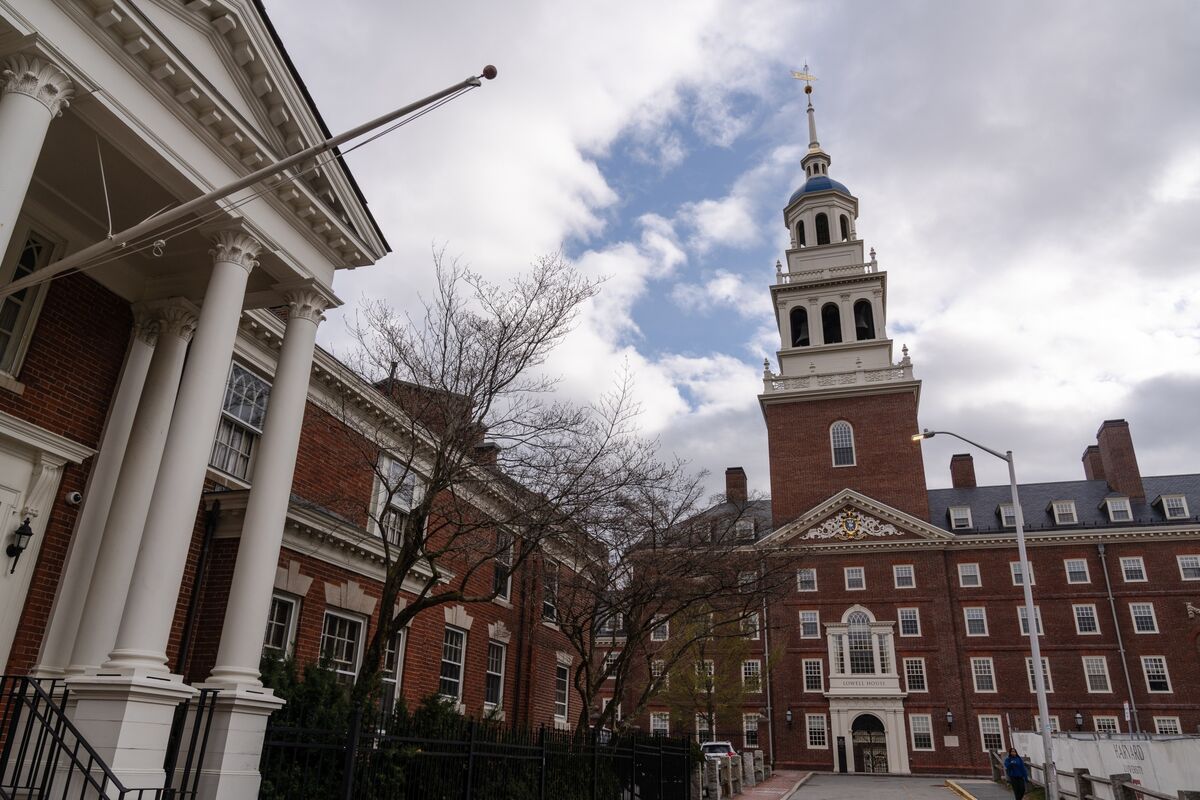Harvard Sells $1 Billion in Private Equity: A Deep Dive into the University's Investment Strategy
Harvard University, renowned for its academic excellence, recently made headlines by selling off approximately $1 billion in private equity holdings. This significant divestment raises several crucial questions about the university's investment strategy, the current state of the private equity market, and the broader implications for higher education finance. This article delves into the details surrounding this major transaction, offering analysis and insights into the factors contributing to Harvard's decision.
Understanding Harvard's Investment Portfolio
Harvard Management Company (HMC), responsible for managing Harvard's endowment, is one of the largest and most sophisticated university investment offices globally. Its portfolio is incredibly diversified, spanning across various asset classes including public equities, fixed income, real estate, natural resources, and of course, private equity. Private equity, with its potential for high returns, has historically played a substantial role in HMC's strategy. However, this recent sale signifies a strategic shift, or at least a recalibration, in their approach.
Why the Shift? Possible Reasons Behind the Sale
While HMC hasn't publicly detailed the exact reasons behind this $1 billion divestment, several factors could be at play:
-
Market Conditions: The private equity market, like any other investment arena, is cyclical. We've seen periods of high valuations followed by corrections. It's possible Harvard chose to sell at a favorable time, capitalizing on strong market conditions to lock in profits and reduce exposure to potential future market downturns.
-
Portfolio Rebalancing: A large endowment like Harvard's necessitates constant rebalancing to maintain an optimal risk-return profile. Selling a portion of private equity holdings might be part of a broader strategy to diversify further into other asset classes or reduce overall portfolio risk.
-
Liquidity Needs: Universities have ongoing operational expenses. Selling assets can provide much-needed liquidity to fund immediate needs, especially during periods of economic uncertainty or increased operational costs.
-
Strategic Focus: HMC might be shifting its strategic focus towards specific sectors or investment strategies within private equity or even away from private equity altogether. This divestment could be a step in reallocating resources to areas deemed more promising or aligned with Harvard's long-term goals.
Implications for Higher Education and Private Equity
Harvard's decision has broader implications for both the higher education sector and the private equity market itself.
-
Higher Education Finance: Harvard's moves often set a precedent for other universities. This sale could signal a trend of increased caution or strategic recalibration within university endowments, particularly regarding private equity investments.
-
Private Equity Market Sentiment: Large-scale divestments by sophisticated investors like Harvard can influence market sentiment. While not necessarily indicative of a market crash, it can signal a shift in investor confidence and potentially affect future valuations.
Looking Ahead: What Does This Mean for the Future?
This $1 billion divestment marks a significant event in the world of higher education finance and private equity. While the exact reasons remain somewhat opaque, it highlights the dynamic and complex nature of managing large investment portfolios and the ongoing need for adaptability in the face of changing market conditions. Further transparency from HMC regarding its future investment strategy would be beneficial to understanding the full implications of this significant transaction. It will be interesting to see how other universities react and whether this signals a broader trend in endowment management. The ongoing evolution of Harvard's investment approach will undoubtedly continue to be a topic of keen interest within the financial world and higher education circles.
